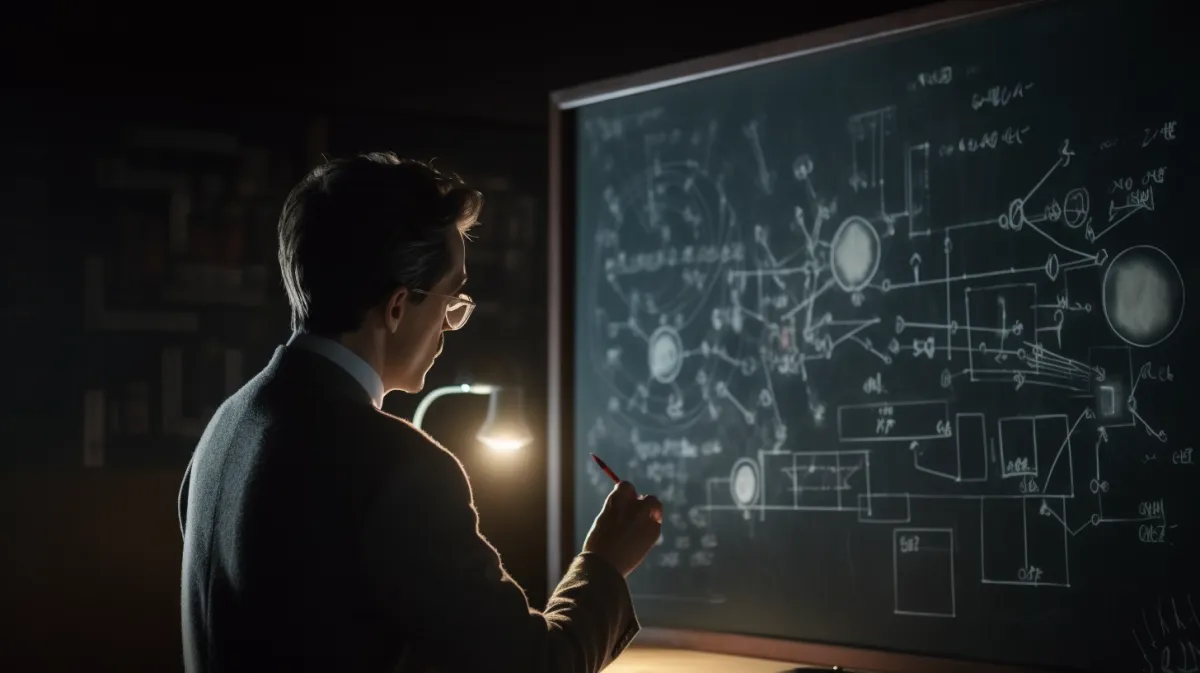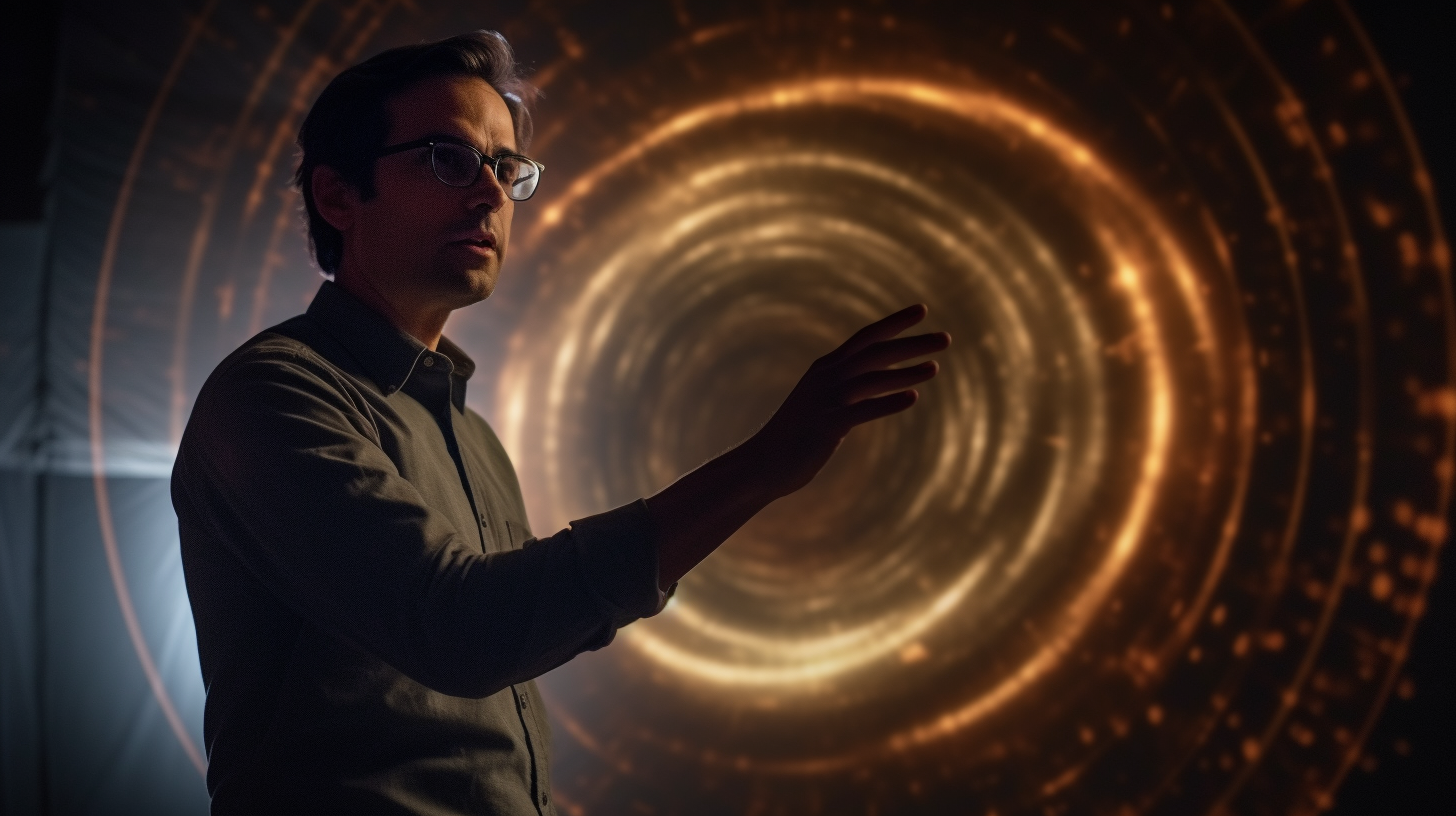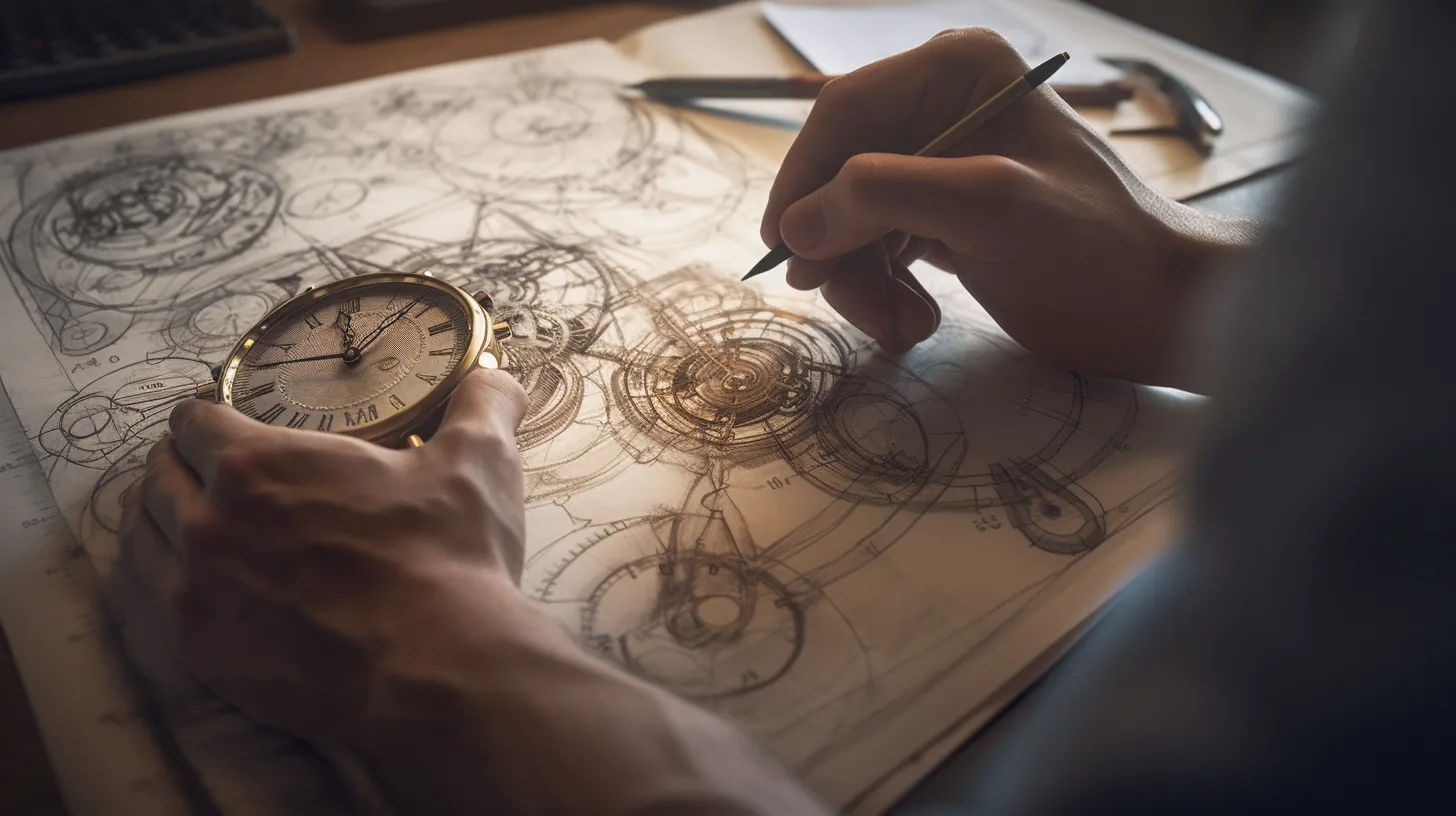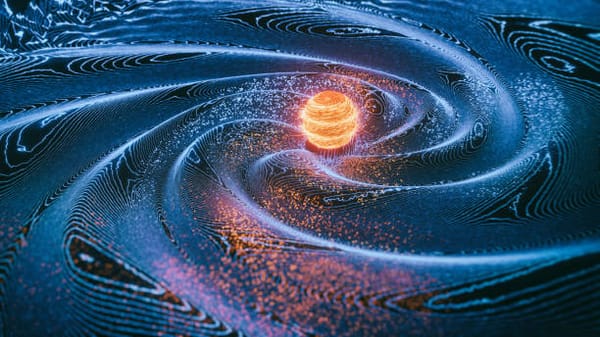Time Travelers Among Us? Unraveling the Realities and Myths of Time Travel

Ever since the concept of time travel was first introduced, people have been fascinated by the possibility of moving through time, witnessing historical events, or even changing the past to alter the future. But how much of this is science, and how much is just the stuff of legends? Are there time travelers among us? Let's delve into the realities and myths of time travel, exploring the science behind it and the stories that have captured our imagination.
The Science of Time Travel
Time travel might seem like a concept restricted to science fiction novels and movies, but it has a basis in the theories of some of the world's most respected scientists. Albert Einstein's Theory of Relativity significantly influences the scientific understanding of time travel.
Einstein's theory suggests that time and space are interconnected in a fabric called spacetime. Time dilation, a phenomenon that occurs when an object moves at high speeds or is in a strong gravitational field, suggests that time slows down for the object relative to a stationary observer. This has been confirmed through experiments involving atomic clocks and high-speed aircraft.

Another aspect of time travel in science is the concept of wormholes. Wormholes are hypothetical tunnels connecting two distant points in spacetime. If stable wormholes exist, they could allow for time travel. However, the existence of wormholes is still purely theoretical and has not been proven.
The Myths and Legends of Time Travel
There are numerous time travel myths and legends, some dating back thousands of years. The idea of time travelers among us is nothing new. From the ancient Indian epic of the Mahabharata to the Victorian era story of John Titor, time travel stories have captured our imagination.
Some stories claim evidence of time travelers, such as the famous photograph of the "Time Traveling Hipster" or tales of individuals who allegedly visited the future or past and returned with the knowledge that could not have been known at the time. However, most of these cases can be debunked as hoaxes or misunderstandings.

Paradoxes and Problems of Time Travel
One of the most significant issues with time travel is the possibility of paradoxes. The most famous paradox is the "Grandfather Paradox," which poses the question: If you traveled back in time and killed your grandfather before he had children, would you still exist? This paradox and others like it present a logical problem for time travel.
Another issue is the conservation of mass and energy. If someone were to travel back in time, they would effectively add mass and energy to the past, violating the law of conservation of mass and energy.

Are There Time Travelers Among Us?
While the concept of time travel is fascinating, the scientific reality of time travel remains uncertain. The theories and potential methods of time travel are still purely speculative, and there is no concrete evidence of time travelers among us. Although time travel stories can be entertaining, they should be taken with a grain of skepticism.
In Conclusion
As we unravel the realities and myths of time travel, it's essential to separate fact from fiction. While the scientific basis for time travel is grounded in theories like relativity and wormholes, we have yet to observe or create anything to make time travel possible. The stories of time travelers among us can be captivating, but they are most likely the result of hoaxes or misunderstandings.

Nevertheless, the concept of time travel will undoubtedly continue to pique our curiosity and inspire our imagination. As science and technology advance, perhaps one day, we will unlock the secrets of time travel, making it a reality rather than just a fantasy. Until then, we can enjoy the rich and diverse stories that the idea of time travel has given us and continue to explore the fascinating world where science meets mythology.
The Future of Time Travel Research
Despite the challenges and paradoxes associated with time travel, research continues to thrive. Scientists and engineers are exploring cutting-edge theories and technologies that could one day make time travel a reality. Research in quantum mechanics, for example, has revealed the potential for particles to exist in multiple places simultaneously, leading to speculation about the possibility of time travel at the quantum level.
In addition, advanced propulsion technologies like the Alcubierre warp drive are being studied as potential methods for bending spacetime, which could create a loophole in the laws of physics and enable time travel.
Though we are far from realizing the full potential of time travel, the ongoing research and scientific curiosity surrounding the subject prove that it remains a topic of great interest and fascination for both scientists and the public.

Embracing the Unknown
As we continue to explore the mysteries of time travel, it's essential to keep an open mind and embrace the unknown. Our understanding of the universe continually evolves, and the boundary between science fiction and scientific reality is often blurred.
By maintaining a sense of wonder and curiosity about the possibilities of time travel, we can continue to push the limits of our understanding and, perhaps one day, discover the key to unlocking the secrets of time itself. Until that day comes, we can revel in the captivating stories and imaginative scenarios that time travel has brought to life while eagerly awaiting the future discoveries that may transform our understanding of time and reality.






